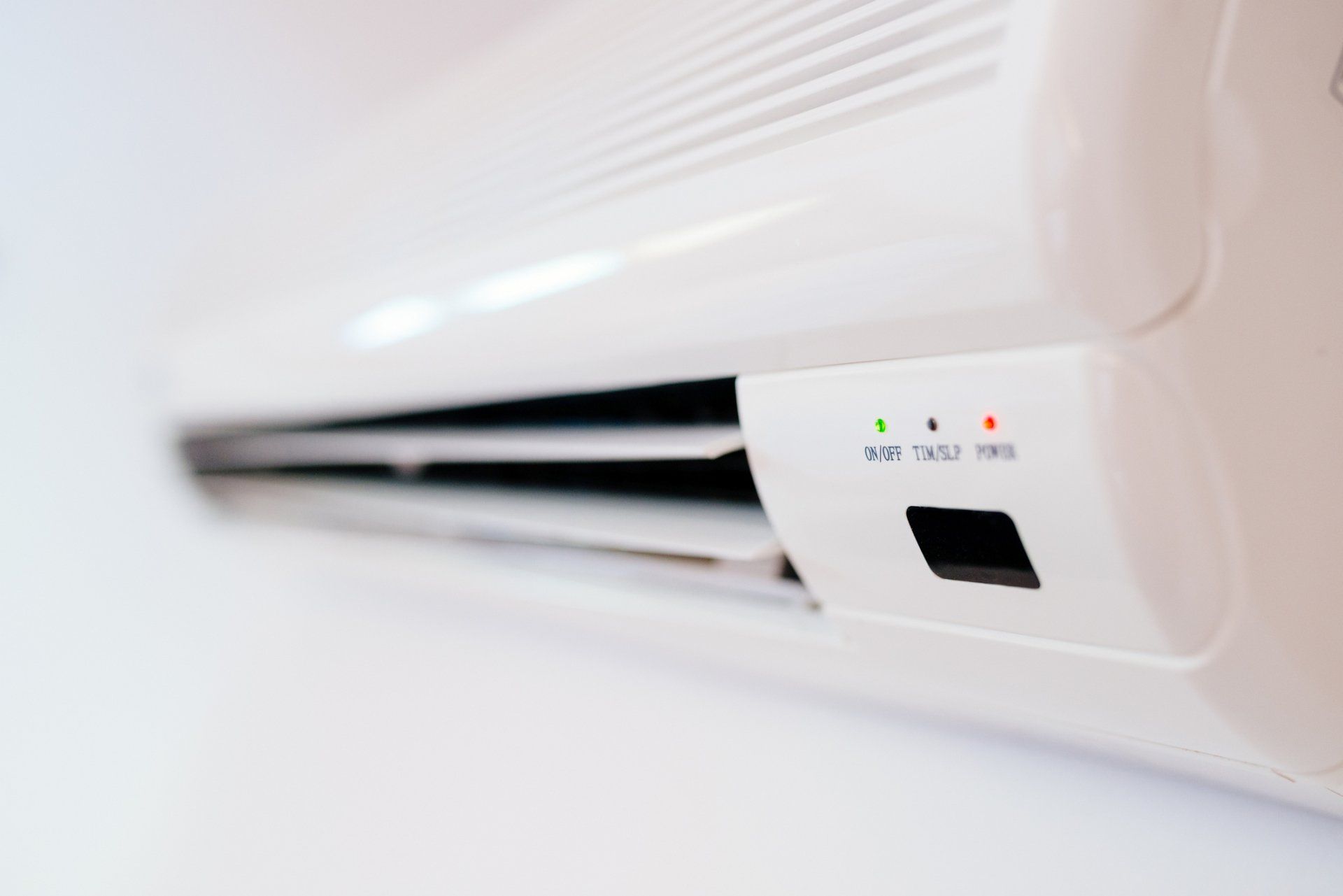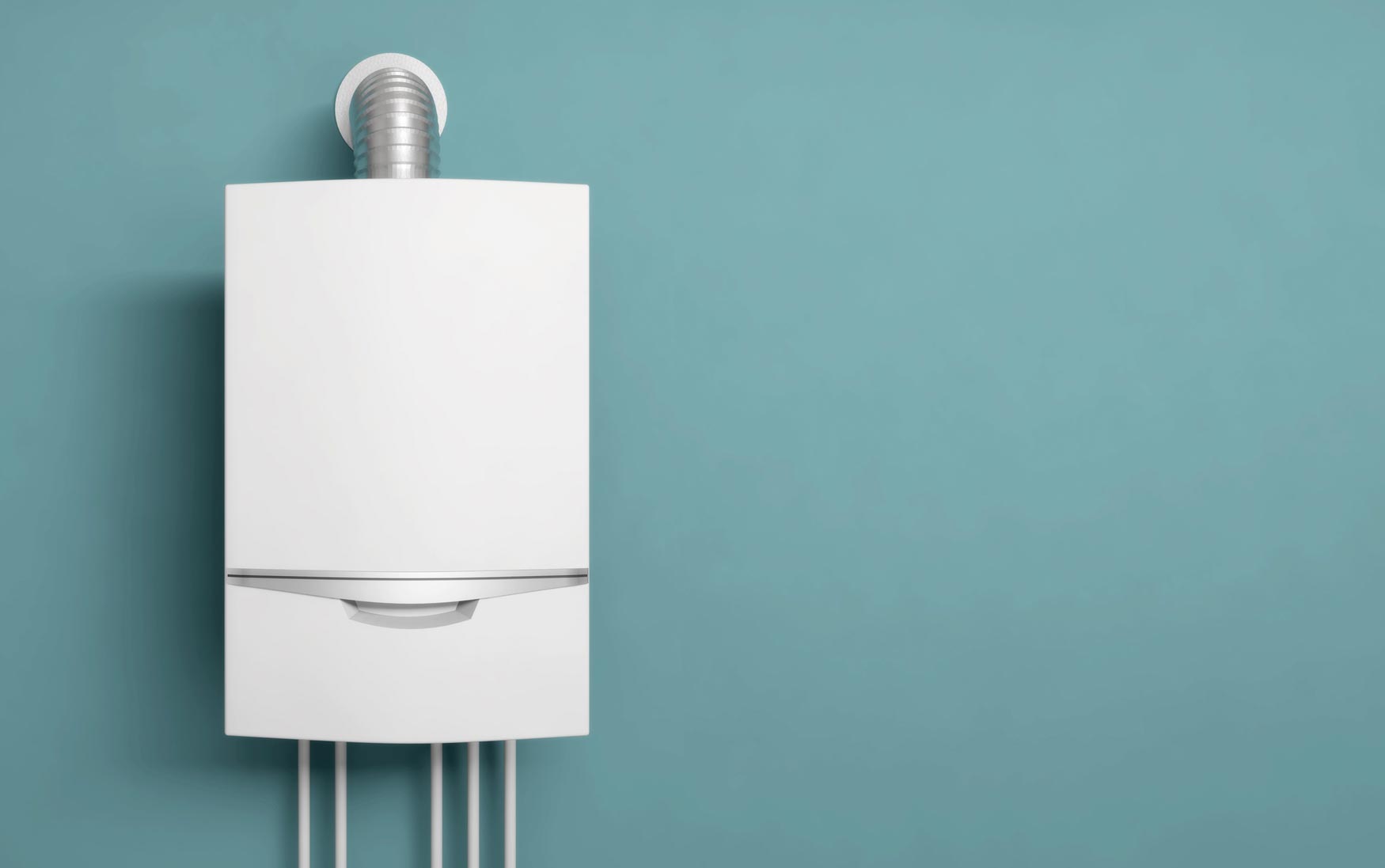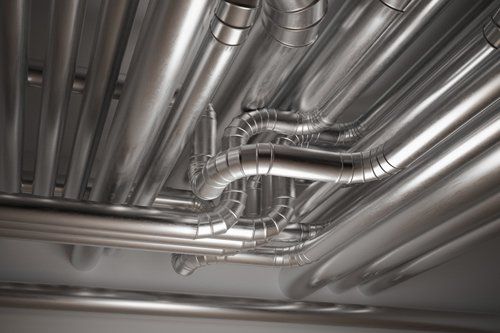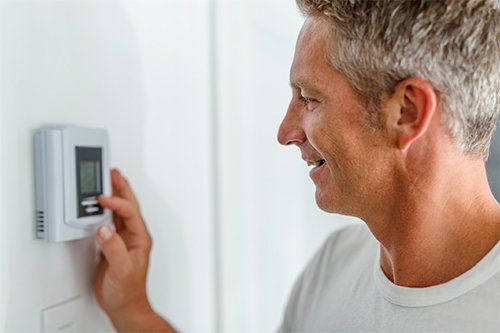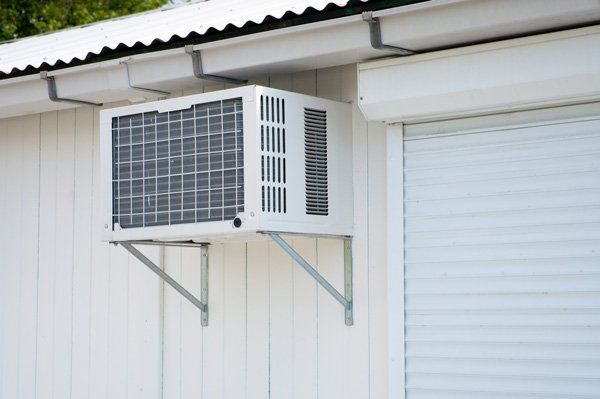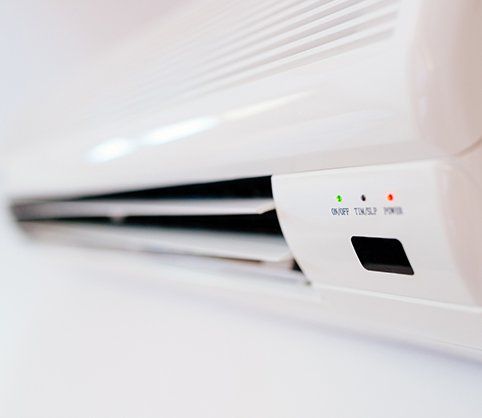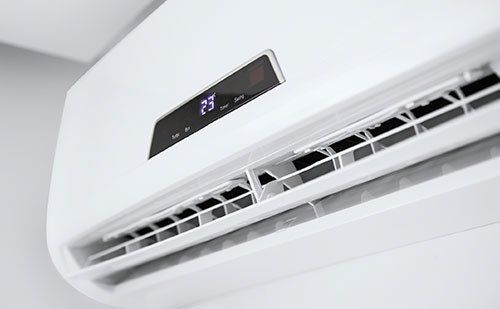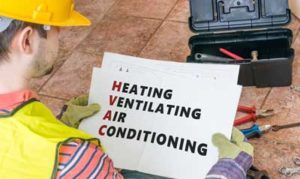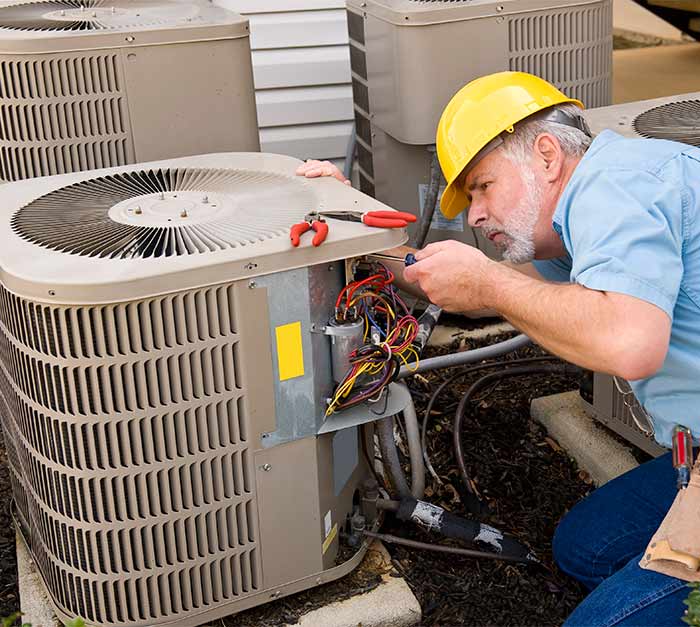Proudly serving Columbia and Lexington since 1964
Serving the Greater Midlands
Blog Post
Causes, Dangers, and Treatment Options for Condensation on Ductwork
- By Admin
- •
- 26 Jan, 2019
- •
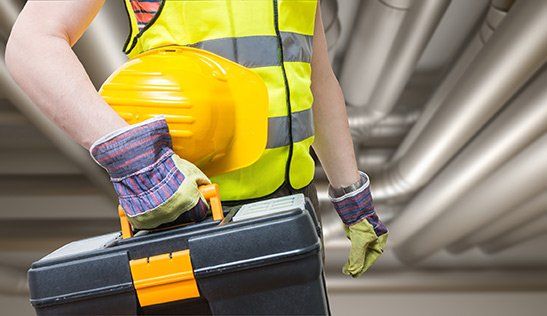
The ductwork is an imperative part of your heating and cooling system because it transfers air in and out of the home for conditioning. Unfortunately, the ductwork experiences a great deal of stress over time.
Sweaty ductwork is a common problem many homeowners face, but many people do not even realize it is affecting the efficiency of their heating and cooling system, their home, or their health. This guide and your contractor will help you understand the causes, dangers, and treatment options for ductwork condensation.
Causes
Determining the cause of condensation on your ductwork is key to making efficient and effective updates and repairs. Often, insufficient insulation is usually the cause of sweaty ductwork. If your ductwork is not properly insulated, cool air will move through, cooling the ductwork's metal. When warm air moves through the cooled metal, condensation forms on the ductwork.
But how does your ductwork become improperly insulated? If your ductwork is older, it may not be up to code, meaning it does not have an adequate amount of insulation. Ducts insulated with at least a R-6 or higher value are best.
Also remember that ductwork is not meant to last forever, meaning it will wear down over time. On average, ductwork starts to deteriorate after 15 years, so you should consider replacing it around this time.
Actual damage to the ductwork can also lead to condensation. If the seams are not connected properly or there are holes or tears in the ductwork, air will leak out, which will cool the ductwork's metal and cause condensation to form.
Dangers
Unless you are inspecting your ductwork, you may not even realize they are sweating. However, the effects the condensation has on your system's efficiency and your home will be noticeable.
Experts believe poorly-insulated or damaged ductwork can waste between 10 and 30 percent of the energy used to heat and cool your home. Therefore, if your condensation stems from poor insulation or worn/damaged ductwork, a replacement is essential for your system's efficiency.
Also, the condensation from your ductwork can increase humidity levels in your house, affecting the air conditioning's ability to reach your desired temperature. This causes the system to run longer, which uses more energy. By addressing the sweaty ducts, you will decrease high humidity levels while reducing cooling costs.
The condensation and higher humidity levels of 60 percent or higher will also affect your home in other ways. For example, you may find discoloration on walls and floors, warped wood, and peeling paint. Higher moisture levels can also lead to the growth of mold and mildew. Both mold and mildew cause odors and affect your indoor air quality, which can lead to allergies and respiratory disorders.
Treatment
If you are struggling to heat and cool your home efficiently, have moisture damage, or have high humidity levels, your ductwork should be evaluated for condensation, insufficient insulation, and potential damage. If there is damage or the ducts are old and worn, the ductwork should be replaced to ensure air is moving in and out to heat and cool your home properly.
Proper air flow through the ducts is important for efficiency, but it is also key for preventing condensation. If the ductwork and filters are blocked with dirt, dust, and debris of any kind, air inside the ducts will cool down, causing condensation to form.
Invest in a duct cleaning periodically, which will remove dirt, dust, and debris. Experts recommend replacing your system filters every 3 months, too.
Sweaty ducts may seem like a small problem, but the condensation can actually lead to big problems for your system and its efficiency, your home, and your health. For more information on replacing or maintaining your ducts, contact Robert L. Shealy Heating & Air Conditioning.
Share
Tweet
Share
Mail
Call for an Estimate Today!
For more information or to schedule your free HVAC repair estimate, contact us today.
West Columbia, SC 29170
Phone:
803-796-1923
Fax: 803-926-1900
Business Hours:
Monday – Friday: 8 a.m. – 5 p.m.
Emergency Service Available




Licensed and Insured
Free Estimates on new or replacement units
West Columbia, SC 29170
Phone:
803-796-1923
Fax: 803-926-1900
Business Hours:
Monday – Friday: 8 a.m. – 5 p.m.
Emergency Service Available




Licensed and Insured
Free Estimates on new or replacement units
Content, including images, displayed on this website is protected by copyright laws. Downloading, republication, retransmission or reproduction of content on this website is strictly prohibited. Terms of Use
| Privacy Policy
^
